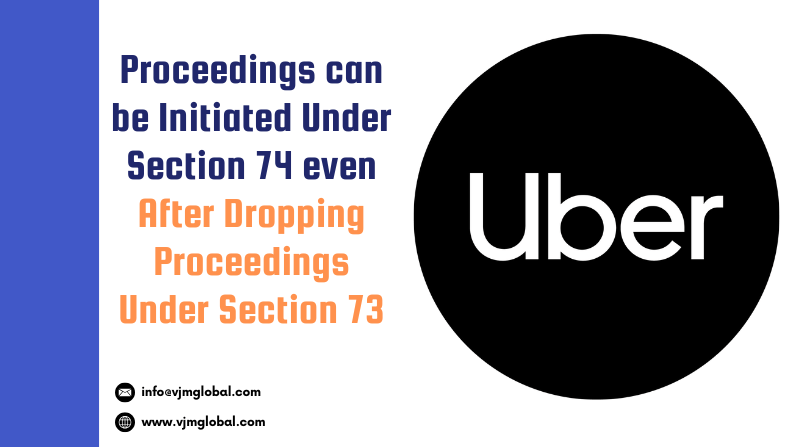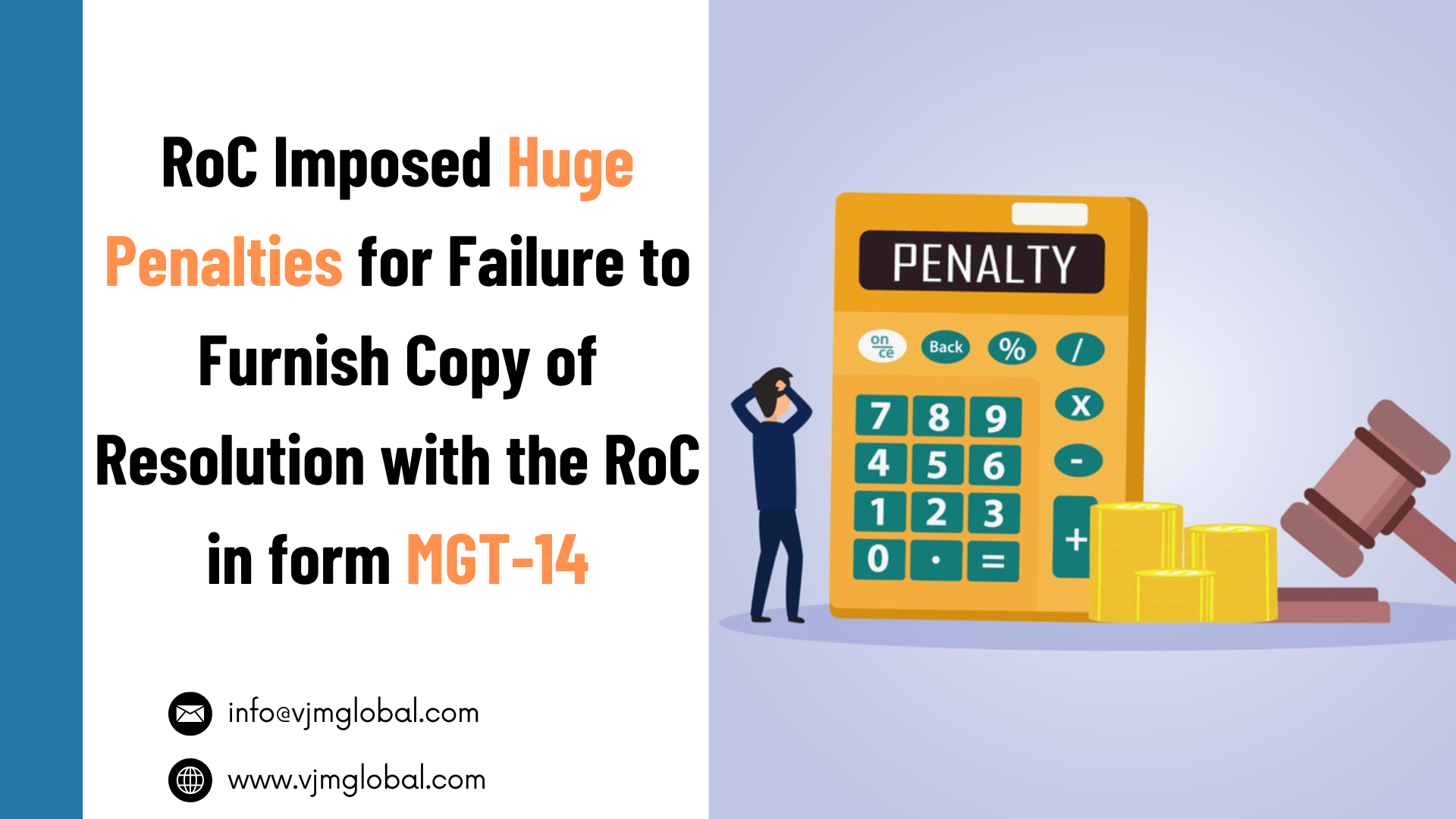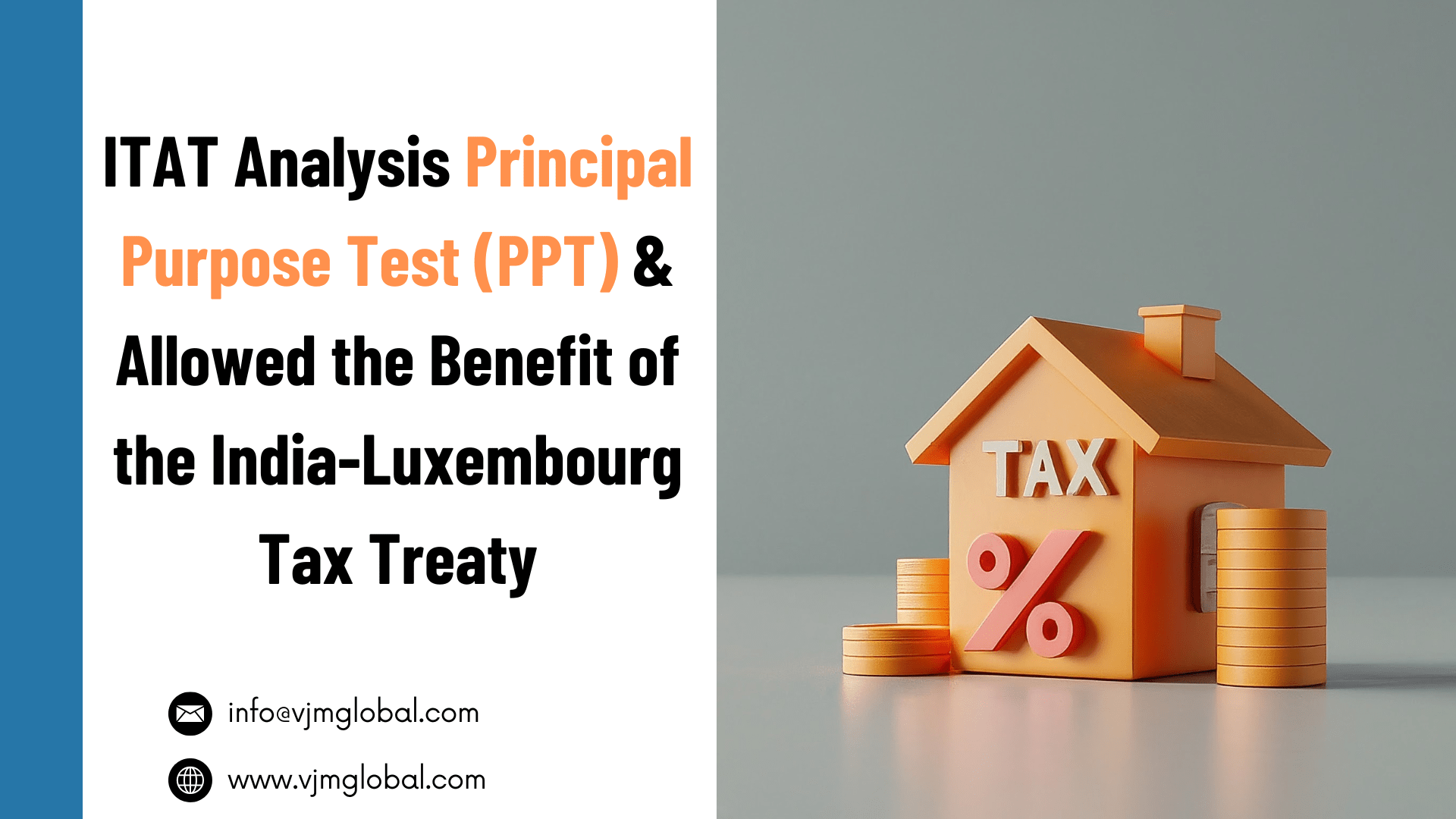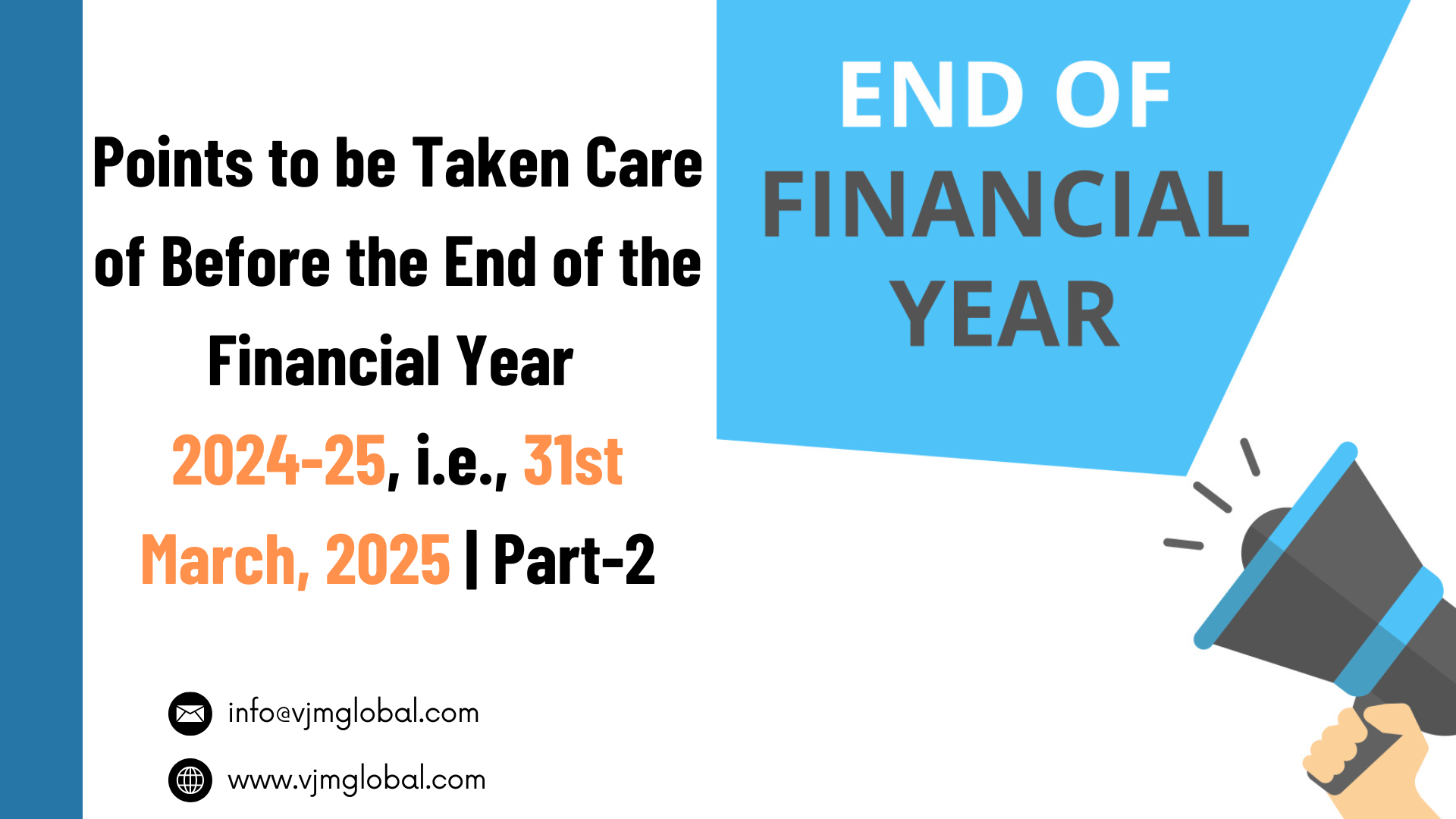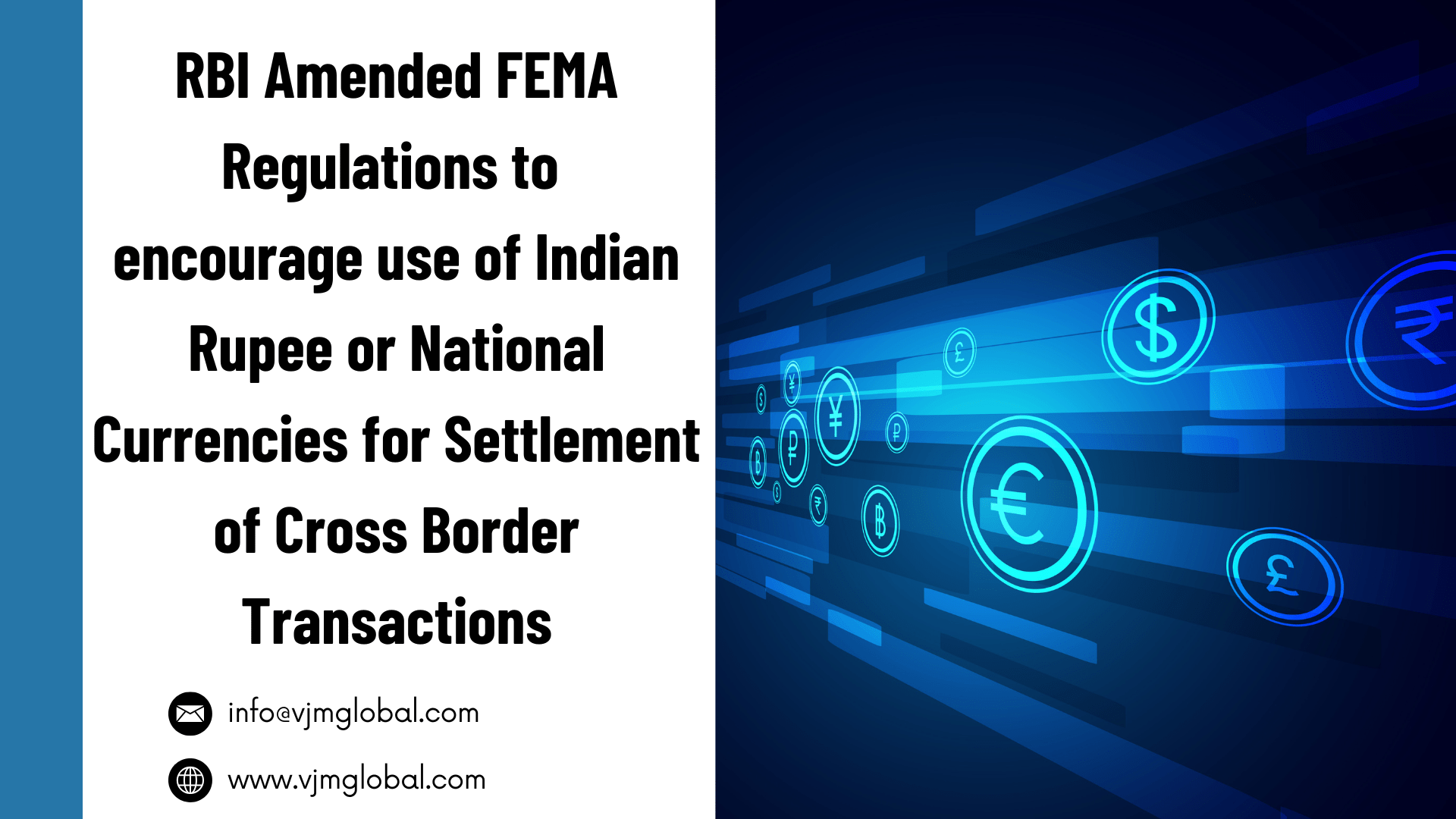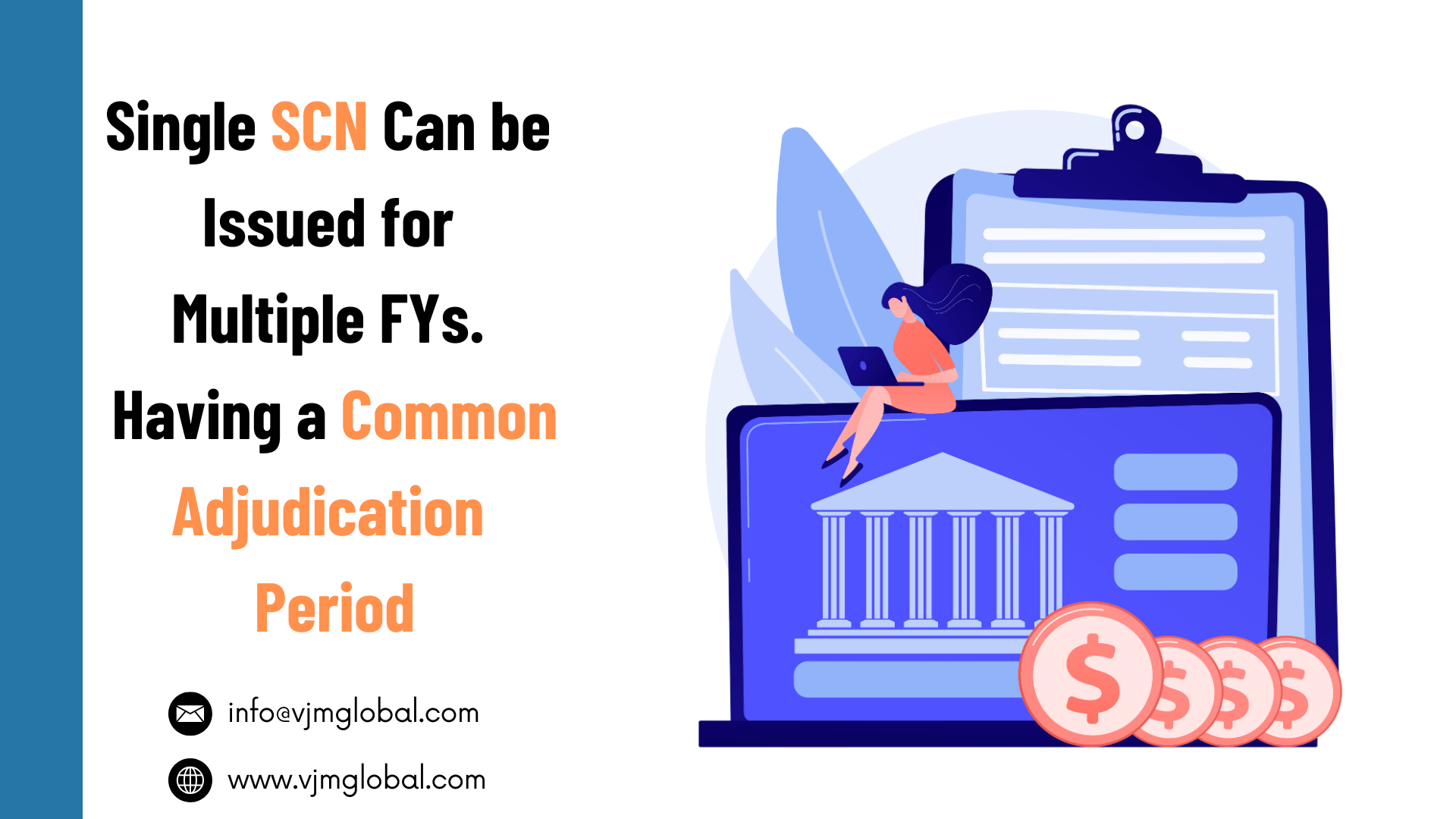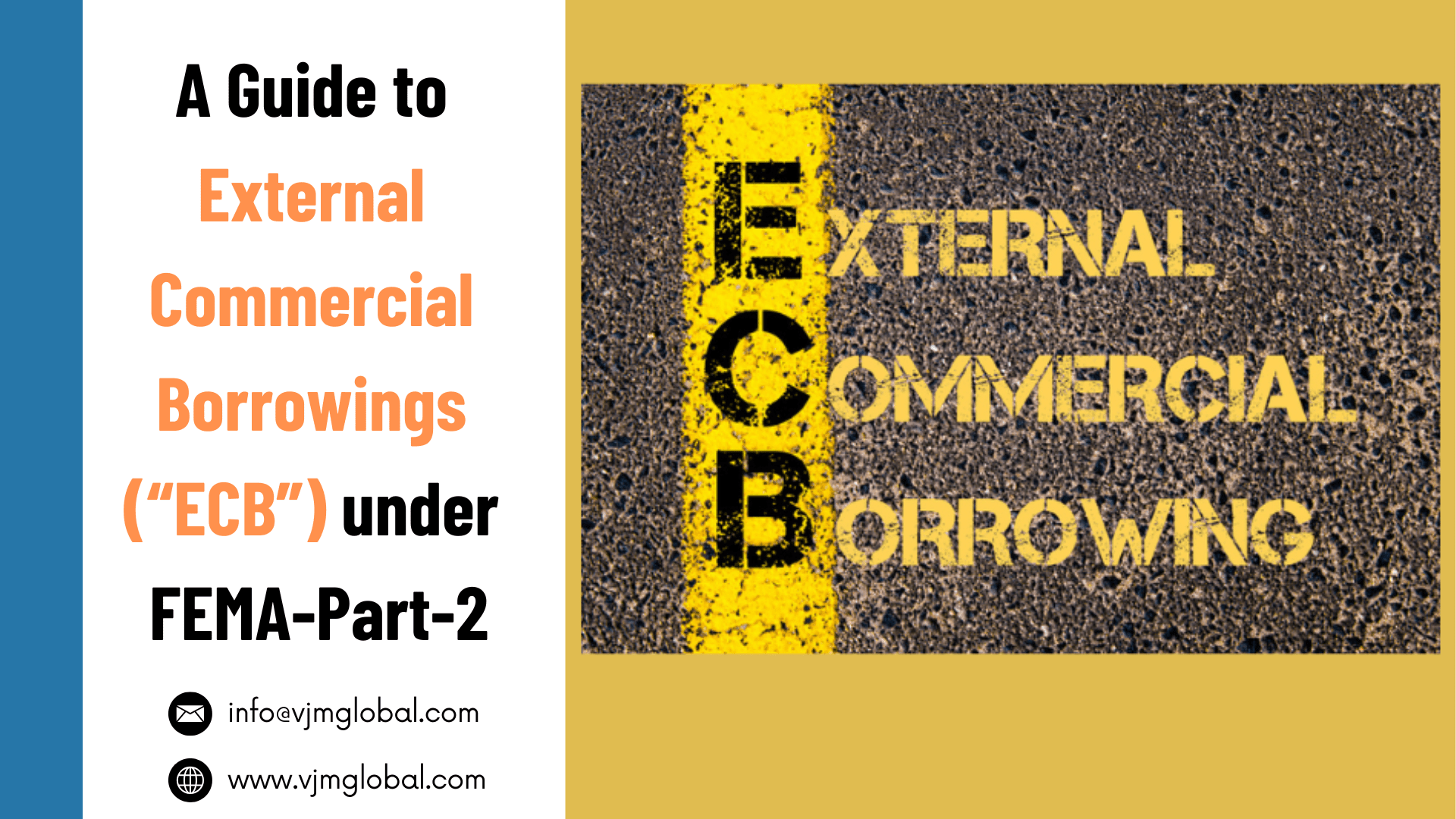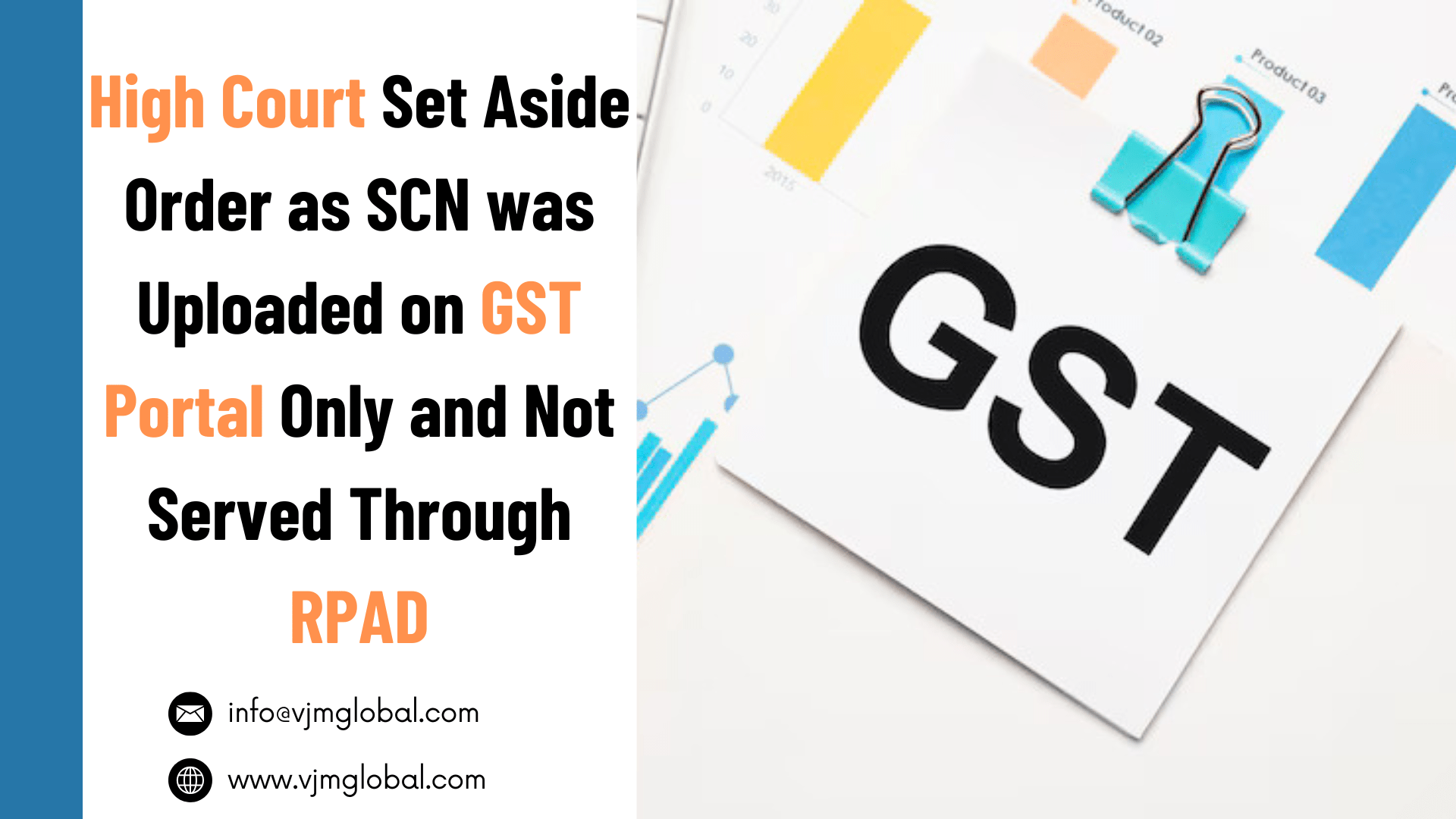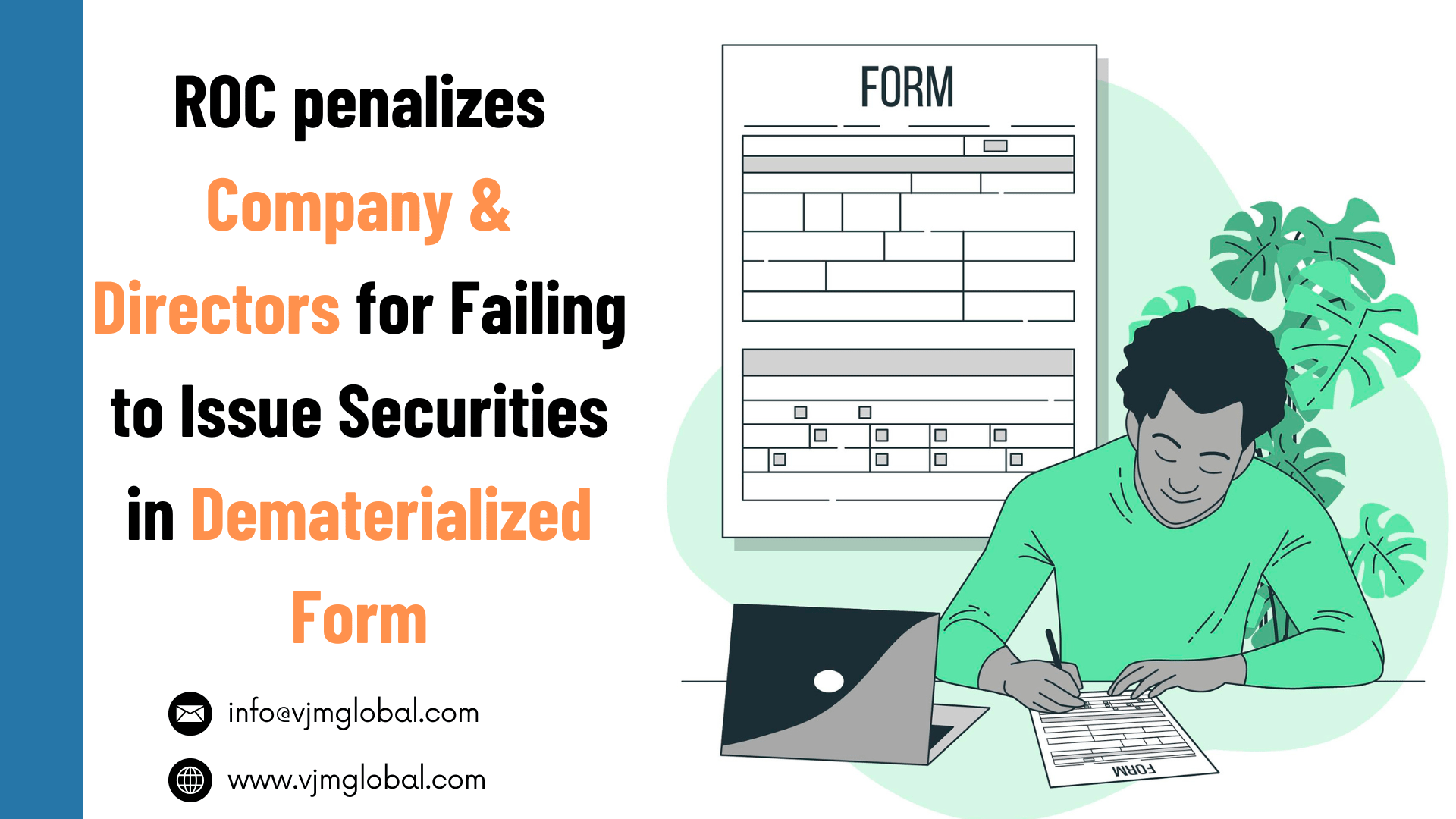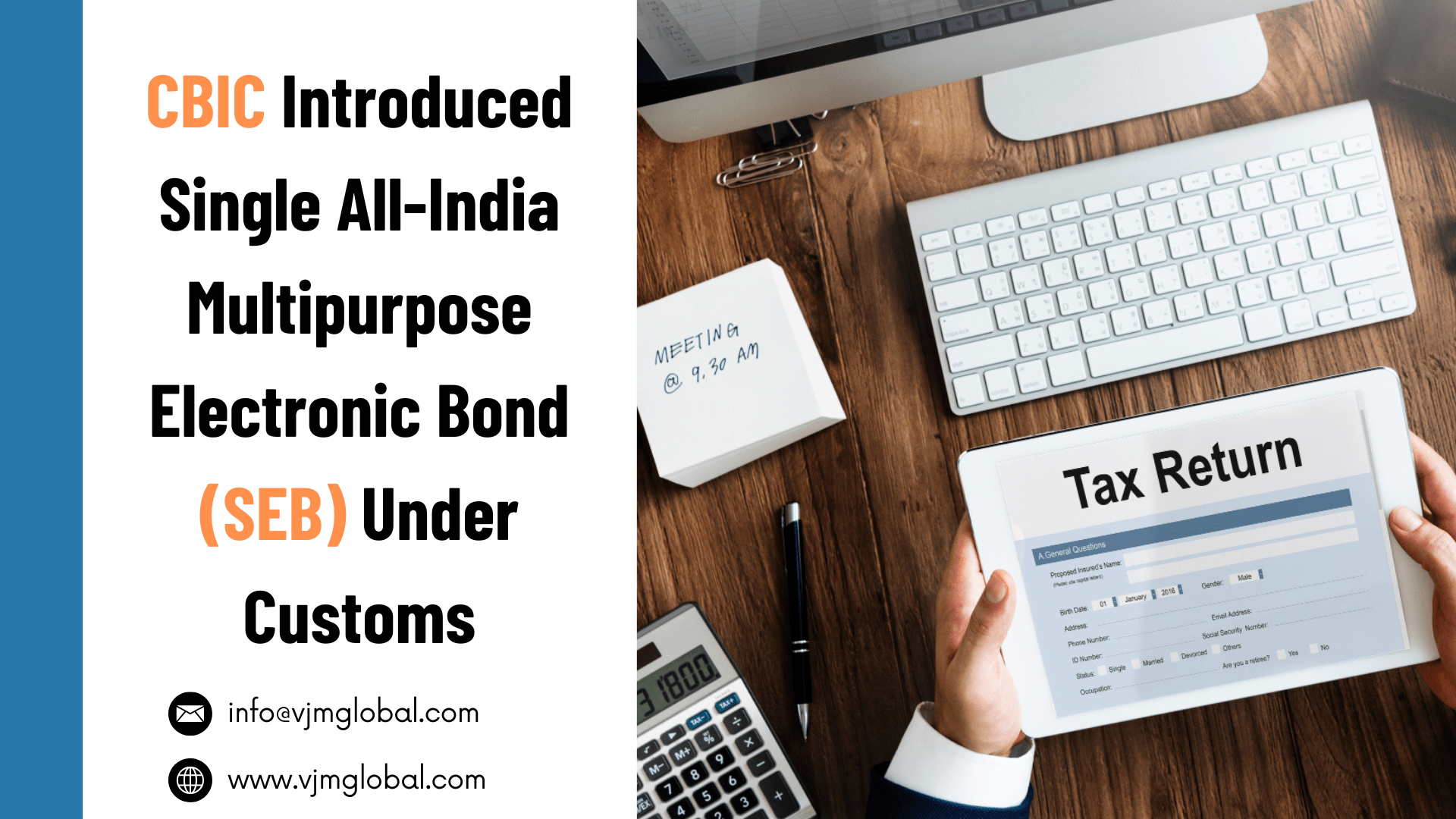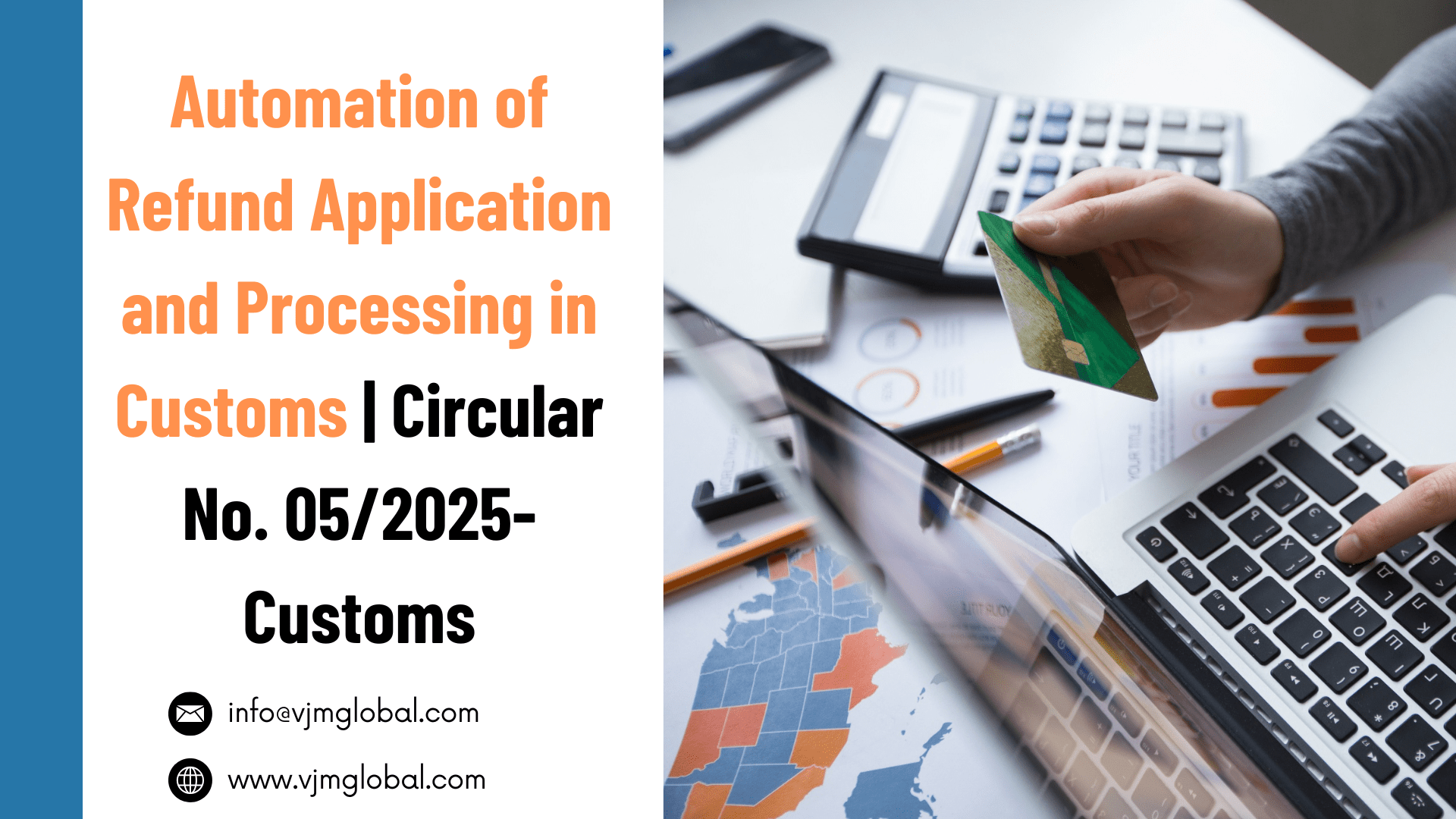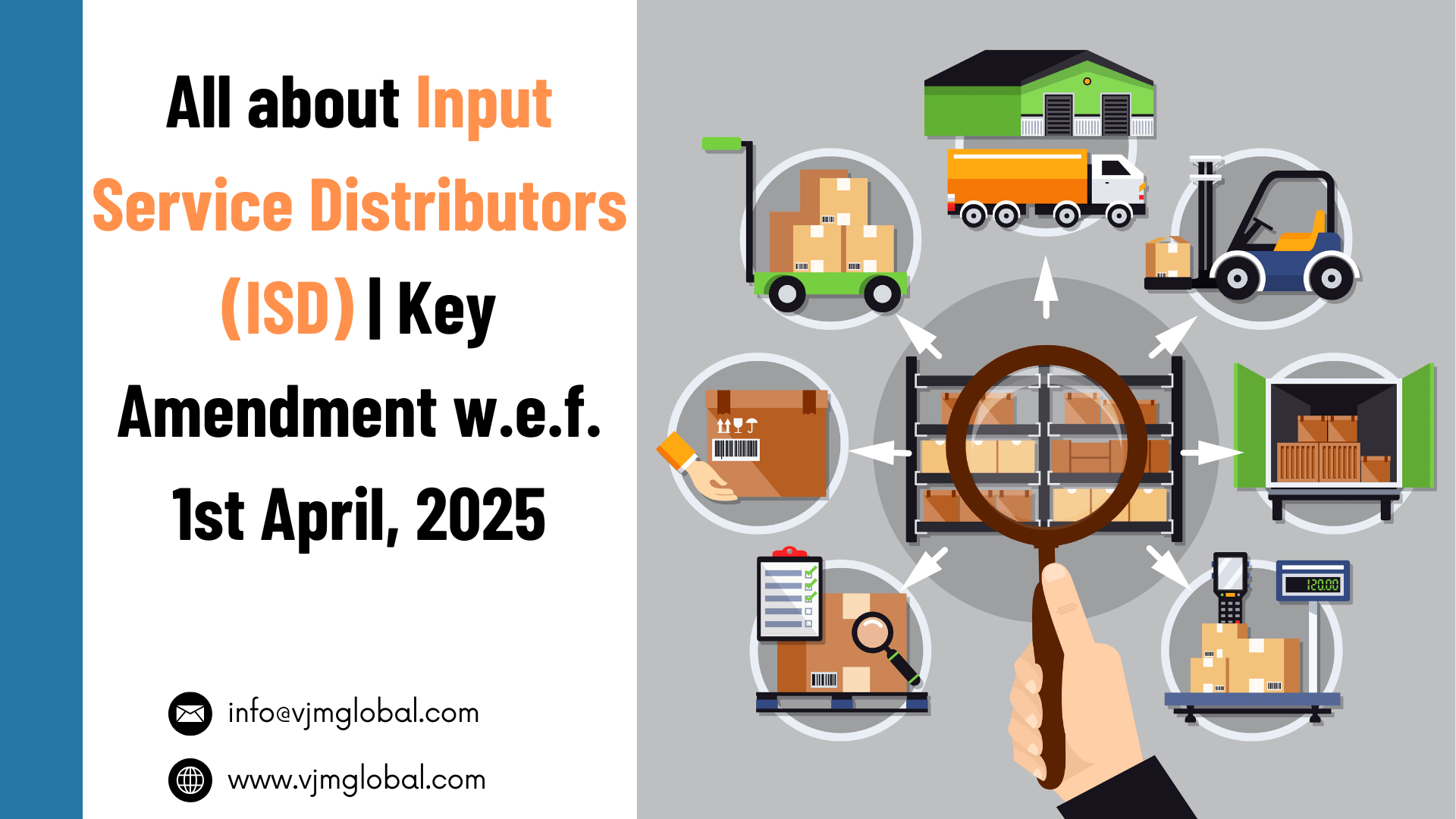Held by
Authority of Advance Ruling, Karnataka
Advance Ruling No. KAR ADRG 38/2024 dated 4th November, 2024
Uber India Systems Private Limited (“The Applicant”) approached AAR, Karnataka to determine the applicability of GST on a new-subscription-based commission-free monetisation model. Under the new model, the app shall connect the drivers with the riders, however, the applicant shall not charge a commission for every ride. The Drivers are required to enroll on the applicant’s platform and shall make payment of the membership fee periodically. The app shall show an estimated fare and the rider can negotiate the actual fare with the driver. The actual passenger transport service is provided by the driver and The Applicant would only be the service provider’s hub. The fare payment shall be made by the rider directly to the driver. The applicant contended that the applicant is an e-commerce platform. However, passenger transport services are not provided through its applications. Therefore, provisions of Section 9(5) are not applicable.
Hon’ble AAR held that the applicant is an e-commerce operator as it is operating and managing an electronic commerce platform. Further, the Application captures the details of the pickup point, and end designation, and shall display the entire route to the driver through the trip, the fare at the beginning and the end of the trip. Therefore, the services are provided through the applicant’s app only. Further, Section 9(5) and the definition of an e-commerce operator do not require that the consideration should be collected by the e-commerce operator.
Therefore, provisions of Section 9(5) apply to the applicable and The Applicant is liable to collect and pay GST on the supply of services.
1. Brief Facts of the case:
- M/s Uber India Systems Private Limited (“The Applicant”) is registered under GST in the state of Karnataka.
- The Applicant proposes to enter into a new business model where technology service would be provided for connecting drivers with the riders on the company’s platform.
- For this purpose, the applicant shall charge the membership fees to the drivers. Drivers are required to enroll on the applicant’s platform by furnishing an application in the provided format along with other documents.
- By making payment of such membership fee, the driver shall become the customer of the Applicant and shall start receiving requests from the person who wishes to avail passenger driver service.
- Once the rider raises a request it shall be forwarded to the relevant drivers. The driver may either accept reject or offer a counterprice for the ride.
- The actual supply of the passenger transportation service is performed by the drivers. The Applicant would only be a service provider’s hub.
- The Driver shall have absolute ownership of their supply and other aspects such as price, quality, etc.
- The proposed business model will be a commission-free monetization model, i.e., no commission shall be charged by the applicant either from the driver or from the rider. The only revenue the applicant shall have will be a periodical subscription fee from the driver.
- The applicant shall not raise any invoice for the trip to the rider. Further, the applicant is not concerned with the collection of consideration. The rider shall pay directly to the driver through cash or digital payment or UPI or digital wallet.
- The digital platform shall show the estimated price based on the start and end points of the ride. However, the applicant does not have any control over the final price determined.
2. Questions before Authority of Advance Ruling?
The applicant has sought the advance ruling in respect of the following questions:
- Whether the applicant satisfy the definition of “e-commerce operator” and the nature of supply as conceptualized in section 9(5) of the CGST Act, 2017?
- Whether the applicant liable to collect and pay GST on the supply of services supplied by the driver to the riders?
3. Interpretation of the Applicant
The Applicant is liable to pay GST only on the membership fees collected from the drivers who are availing the services of the Applicant’s online technology platform to provide services on their own. Accordingly, The Applicant has submitted the following interpretation of the law:
a. Definition of the term “Supplier”:
- As per GST law, the term “Supplier” is defined as “The person supplying the said goods or services or both and shall include an agent acting as such on behalf of such supplier about the goods or services or both supplied”
- “Supplier” means the person who is supplying the services.
- In the given case, the applicant is a supplier of technology service only and not the passenger transport service.
b. Application of provision of e-commerce operator as given under section 9(5) of CGST Act:
- To apply provisions of e-commerce operator, the following conditions are required to be satisfied:
- The existence of an “electronic commerce operator”
- The services are covered under the notified service.
- The service by the supplier to the customer is supplied through an e-commerce operator
- E-commerce operator:
- “Electronic commerce Operator” means any person who owns, operates, or manages a digital or electronic facility or platform for electronic commerce.
- The Applicant is providing technology service in the form of a digital platform and such platform would help the drivers to connect with the rider.
- As Applicant is operating and managing the digital platform for the supply of passenger transport service, the Applicant would be termed an e-commerce operator.
- Notified Services:
- Service by way of transportation of passengers by a radio taxi, motor cab, maxi cab, motorcycle, etc. is a notified service.
- Whether services are supplied through an e-commerce operator or not, i.e., the Applicant
- The applicant is only involved in connecting the supplier of service and the customer of service with no further involvement.
- The role of the applicant is similar to the Just Dial or Yellow Pages;
- The Passenger transport service has happened independently of the applicant. The Applicant is only involved in the identification of the supplier of service and does not take any responsibility for the operation and completion of the ride.
- In the given case, the services are not supplied through the Applicant. The Applicant is only playing the role of connecting the driver with the rider.
- Therefore, the provisions of Section 9(5) do not apply to the applicant.
- Further, the applicant has not collected any payment from the rider on behalf of the supplier. Therefore, the question of collection of tax on behalf of the supplier does not arise.
4. Relevant Legal Extracts
The relevant extract of the GST Law is reiterated below for ready reference:
- Section 9(5) of the CGST Act is reiterated below:
(5) The Government may, on the recommendations of the council, by notification, specify categories of services the tax on intra-state supplies of which shall be paid by the electronic commerce operator if such services are supplied through it, and all the provisions of this Act shall apply to such electronic commerce operator as if he is the supplier liable for paying the tax concerning the supply of such services:”
5. Findings and Discussion by Hon’ble AAR
Based on the submission made by the Applicant, the Hon’ble AAR made the following submissions:
a. Whether the applicant is an “e-commerce operator” under GST or not?
- The applicant has contended that the applicant is operating and managing the digital platform therefore it could be termed as an e-commerce operator under GST.
- The Hon’ble AAR agreed to that analysis that the Applicant shall qualify as an e-commerce operator under GST considering the nature of the service provided.
b. Whether the passenger transport service can be said to be provided through the applicant?
- As per Section 9(5) of the CGST Act, the e-commerce operator is liable to pay GST on supply as if he is the supplier of the service subject to the following conditions:
- Services is one of the notified services;
- Supply of such service is intra-state supplies:
- Supply of service is done through an e-commerce operator
- In the given case, the service of transportation of passengers is a notified service.
- The matter is to be examined to check whether the services shall be considered as supplied “through” the applicant.
- The term “through” is not defined under GST law. As per Merriam-Webster Dictionary, the term “Through” means “using, by the agency of, etc.” Therefore, in the given case, the phrase “through” means the services are to be supplied using/ by the agency of/ from the beginning to the end/ during the entire period by the e-commerce operator.
- In the given case, the applicant’s app is provisioning the following services:
- The app allows the driver to either accept or reject the trip requested;
- On completion of the ride, the app shows how much amount is to be paid by the rider to the driver. However, the applicant claims that the amount shown is only estimated and riders are free to negotiate a different fare without the involvement of the applicant.
- The app captures all the information such as driver information, vehicle information, suggested fare, trip designation, pickup location, etc.
- Ride is tracked by the app and it also displays the route to the passenger on the trip. Such information is also shared with the driver;
- Trip beginning and end is notified to the passenger;
- The driver collects the payment directly.
- Based on facts, the app does not merely connect the rider with the driver but provides a platform for communication between the driver and the rider without which the contract for providing passenger transport service can’t be completed.
- Effectively the service of transportation of passengers by the driver is supplied through the applicant’s app from the beginning to end and during the entire period of the ride.
- Therefore, the third condition of supply of service through e-commerce operators is also satisfied.
- The Applicant contended that the app only shows an estimated fare and the actual amount is not captured by the App. However, as per the screenshots submitted, the app captures the fare to be paid at the end of the ride. The fair is also fixed by the app.
- The contention of the applicant that the e-commerce platform is not involved in the collection of consideration does not hold any merit as neither the definition of “electronic commerce operator” nor section 9(5) stipulates that the e-commerce operator has to collect the consideration.
- Therefore, the applicant is squarely covered by the definition of an e-commerce operator and also liable to pay GST under section 9(5) of the CGST Act.
6. Ruling
The Hon’ble AAR held that:
- The applicant satisfies the definition of an e-commerce operator and the nature of supply as conceptualized under section 9(5) of the CGST Act.
- The Applicant is liable to collect and pay GST on the supply of services supplied by the driver to the rider under the proposed business model.
Our Opinion
The decision by the AAR, Karnataka is contrary to the recent ruling of the same authority in the matter of Namma Yatri wherein it is held that the work of Namma Yatri ends with connecting the driver with the passengers and therefore, it is not liable to pay GST. This contrary ruling has sparked chaos in the industry and the matter needs to be taken up by the GST council on an urgent basis to prevent the market for such services from getting impacted and unnecessary litigation being created.

